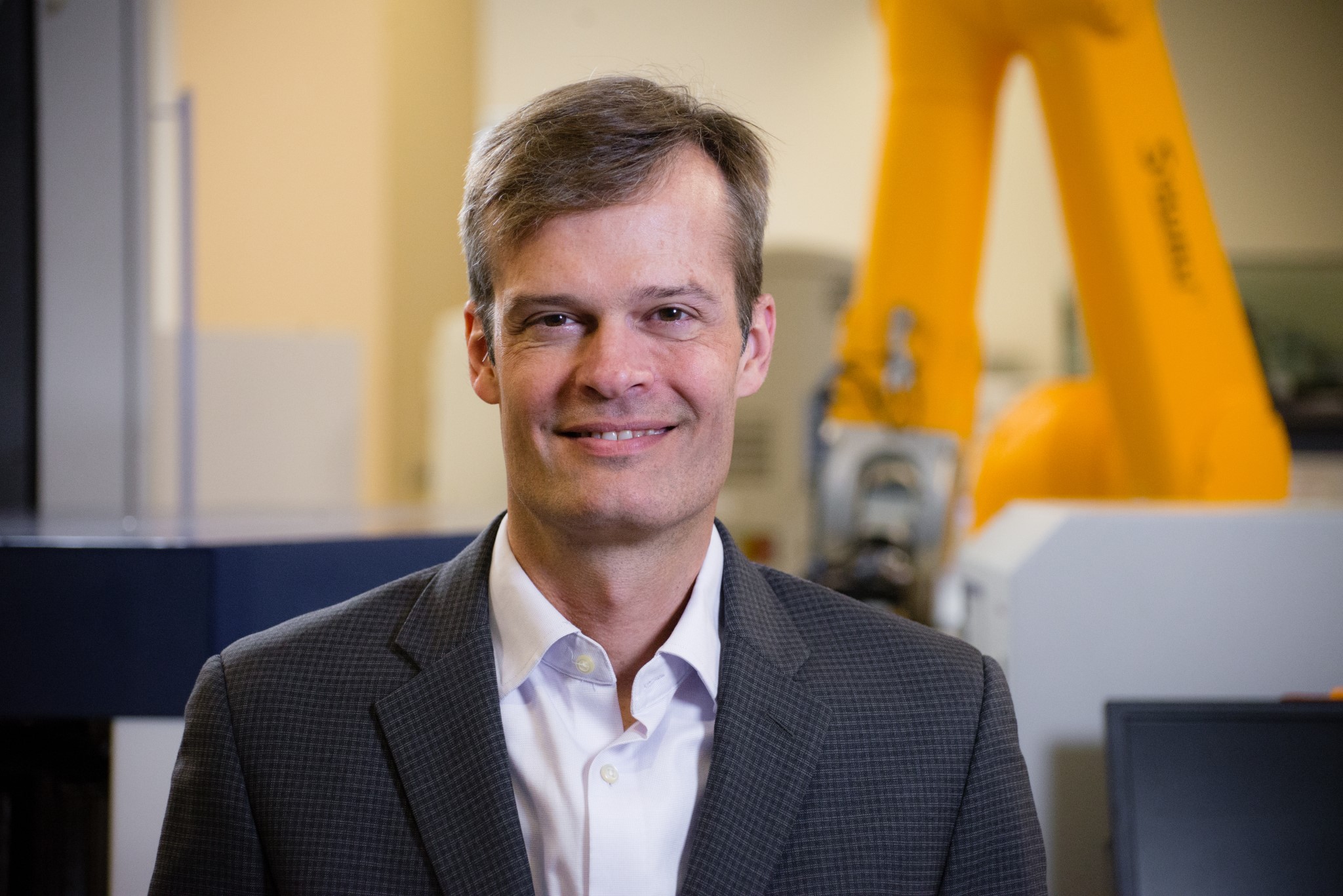Instructor
Christopher Larson
Bio
Chris Larson, PhD, has more than 25 years of drug discovery and development experience in public and private biotech and global pharmaceutical companies. He is currently President of Research and Development for Levator Therapeutics.Dr. Larson was a member of the research teams for three marketed drugs and has led or co-led discovery research programs resulting in 10 IND filings and clinical development.
He previously served as US head and associate global head of Takeda Pharmaceuticals’ Cardiovascular and Metabolic Diseases Drug Discovery Unit, where he pioneered an open innovation academic collaboration program. He co-founded Vasa Therapeutics and SNO bio, and helped launch and grow Karus Therapeutics. He serves on several scientific advisory boards.
He is an instructor in the Sanford Burnham Prebys (SBP) Medical Discovery Institute’s Graduate School of Biomedical Sciences after serving as SBP’s vice president of drug discovery as well as principal investigator of his NIH-funded research laboratory. He also served as co-principal investigator for SBP’s core grant as part of the Chemical Biology Consortium, National Cancer Institute Experimental Therapeutics program.
Dr. Larson has authored or co-authored more than 30 peer-reviewed scientific publications, reviews, and book chapters.
As a reviewer, he participated for several years on the National Institutes of Health: Bioengineering Sciences and Technologies Study Section, the Grant Review Panel for the Obesity Society, and the Early Career Research Grants Review Committee for the Obesity Society.
He is a past review editor for the journal Pharmacology of Anti-Cancer Drugs, and has been an ad hoc reviewer for Bioorganic & Medicinal Chemistry Letters, The International Journal of Biochemistry & Cell Biology, Journal of Pharmacology and Experimental Therapeutics, and Arthritis & Rheumatism.
Dr. Larson earned his B.A. and Ph.D. in chemistry from Carleton College and Harvard University, respectively, and did postdoctoral research at the Salk Institute in cancer biology.
